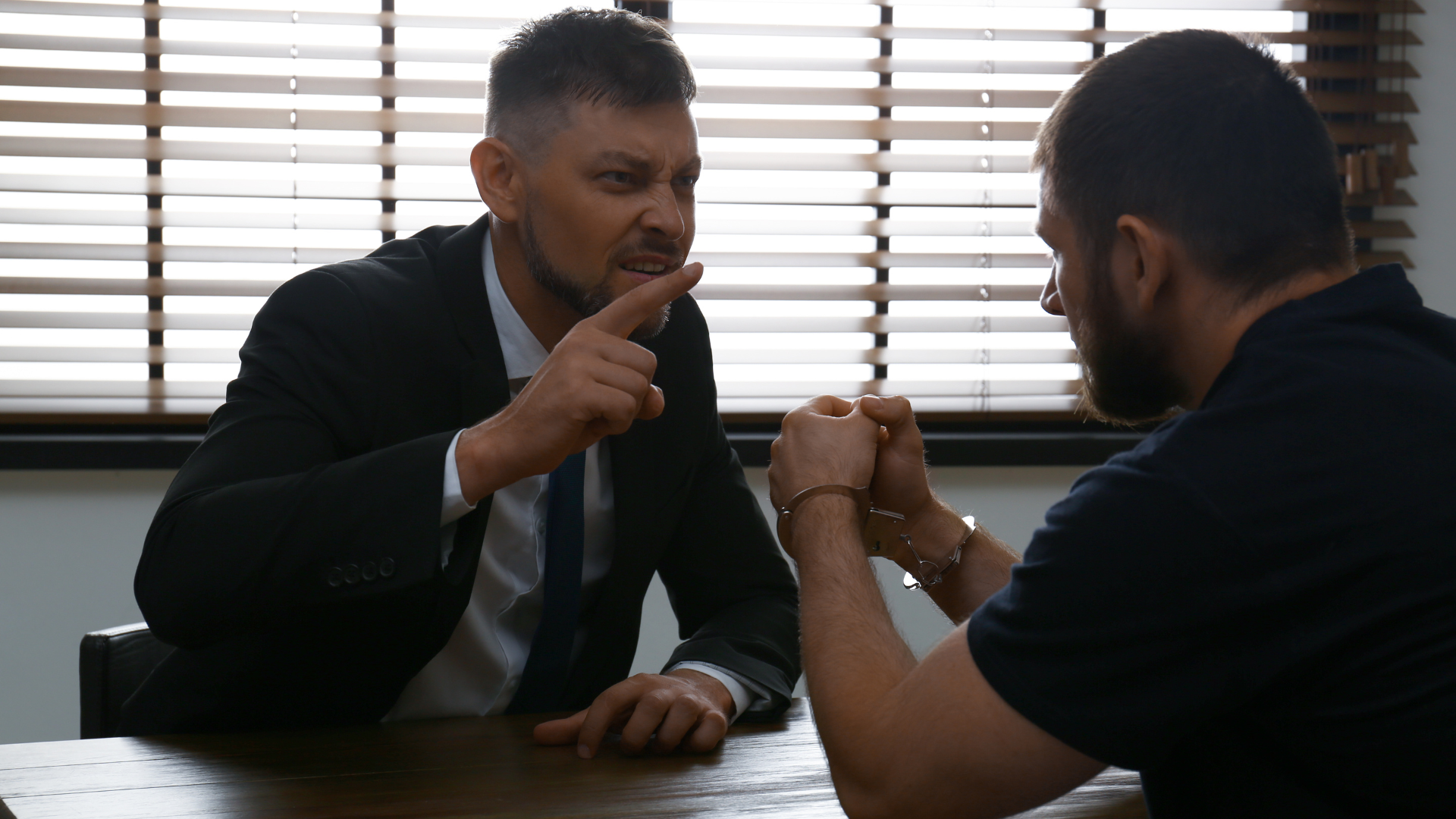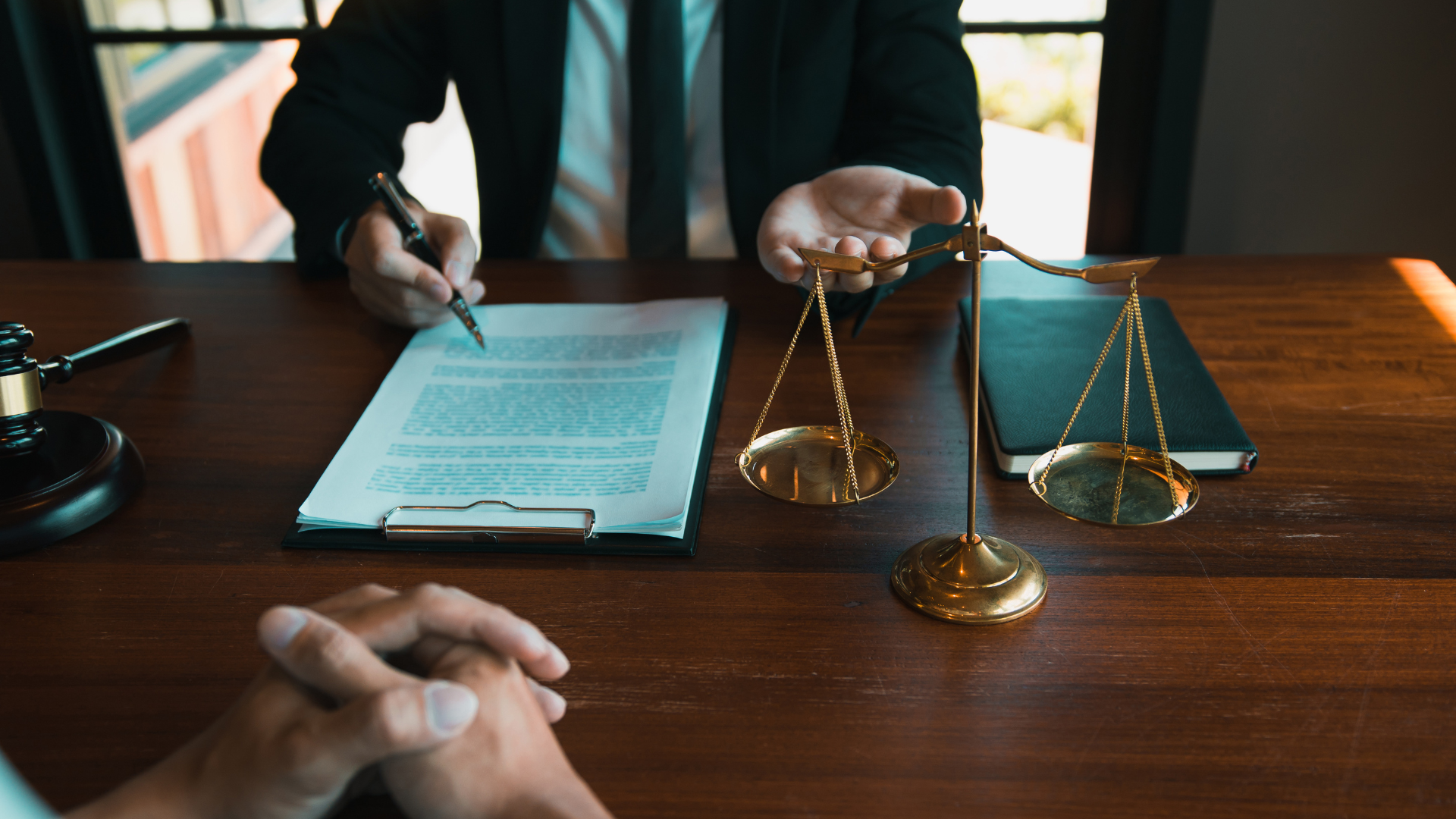In a society built on the foundation of law and order, it’s crucial that law enforcement agencies are held accountable for their actions. At Kirakosian Law Group, led by experienced attorney Greg Kirakosian, they are dedicated to upholding justice and protecting the rights of individuals who have experienced misconduct or violations at the hands of the police. If you’re wondering how to sue the police, you’ll find information on the process that goes on behind doing so and the potential scenarios that might lead to you wanting to do it.
Understanding Police Misconduct and Your Rights
Before diving into the legal process of how to sue the police, it’s essential to understand what constitutes police misconduct and the rights that protect citizens. Police misconduct refers to any improper actions or behaviors by law enforcement officers that infringe upon an individual’s constitutional rights. These actions may include excessive use of force, false arrests, racial profiling, malicious prosecution, and violations of due process, among others.
As a citizen, you have the right to be treated fairly and lawfully by law enforcement officers. When these rights are violated, you have the option to resort to a legal course of action to hold the responsible parties accountable.

Scenarios That Could Lead to Suing the Police
There are several scenarios that could potentially lead you to want to place a lawsuit against the police:
a) If you have experienced unwarranted and excessive force at the hands of law enforcement officers, resulting in injuries or other harm, you may have grounds for a lawsuit.
b) If you have been wrongfully arrested without probable cause or proper legal justification, you may have a case for false arrest.
c) If you can demonstrate that you were targeted by the police based on your race or ethnicity rather than evidence of criminal behavior, you may have a viable claim.
d) If you were falsely charged with a crime and subjected to a baseless legal process, you might be able to sue for malicious prosecution.
e) If your rights during the legal process were violated, leading to an unfair trial or conviction, you may be able to seek legal remedies.
An important thing to note is that every case is different, and it must be studied carefully to determine the merits behind it.
A Step-by-Step Guide on How To Sue The Police
1. Consultation and Evaluation
The first step in pursuing a lawsuit against the police is to consult with an experienced attorney. Kirakosian Law Group offers an initial consultation to assess the merits of your case and determine if you have a strong legal claim to move forward with.
2. Investigation
Upon accepting your case, the legal team will conduct a thorough investigation. This involves gathering evidence such as police reports, witness statements, video footage, medical records, and any other relevant documentation.
3. Legal Strategy
Based on the evidence collected, your attorney will develop a legal strategy tailored to your needs. This strategy will outline the best course of action to achieve a favorable outcome, whether through negotiation or litigation.
4. Filing a Complaint
Your lawyer will file an official complaint against the police department, detailing the allegations and legal claims. This marks the formal beginning of the legal process.
5. Discovery
During the discovery phase, both parties exchange evidence and information relevant to the case. This may involve depositions, document requests, and interrogatories.
6. Negotiation and Mediation
In many cases, a resolution can be reached through negotiation or mediation, avoiding a lengthy trial. Your attorney will negotiate on your behalf and seek a fair settlement.
7. Trial Preparation and Litigation
If a settlement cannot be reached, your case will proceed to trial. Your lawyer will prepare a strong case, present evidence, and argue on your behalf in court.
8. Trial and Judgment
During the trial, both sides present their arguments, and a judge or jury will render a verdict. If the verdict is in your favor, you may be awarded compensation for damages.
9. Post-Trial Proceedings
After the trial, there may be post-trial motions or appeals, depending on the outcome. Your attorney will guide you through these processes if necessary.

Kirakosian Law Group Pursuing Justice On Your Behalf
Suing the police is a complex process that requires the expertise of skilled legal professionals who are committed to justice. Kirakosian Law Group, led by attorney Greg Kirakosian, understands the importance of holding law enforcement agencies accountable for their actions. If you are searching for how to sue the police, then you probably have been in a situation that has led you to consider that your rights have been violated by them, this experienced legal team is here to guide you through every step of the legal process and help you pursue the justice you have a right to and get the compensation you deserve. Remember, justice is not just a goal; it’s a fundamental right for all.
